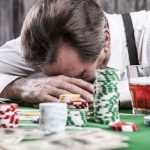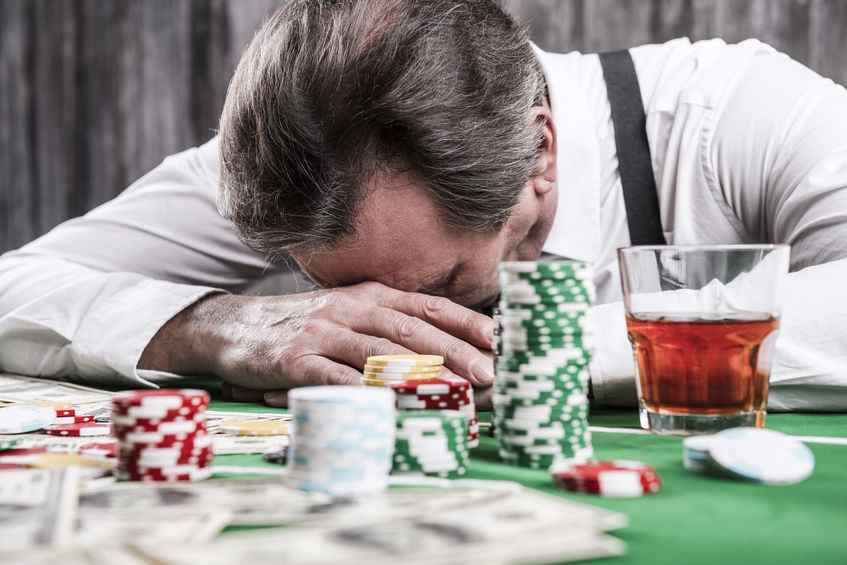A new study released by the state government of South Australia revealed that local gamblers had increased their activity on online gambling platforms. Online gambling has experienced a 3x increase since 2012 in the region.
The study is based on responses from 20,000 people and reports extensively on gambling trends. It suggests that about 13% of the State’s population wagered online last year. In 2005, the number was just 1% which grew to 5% in 2012. The report reveals that about 9.6% of online gamblers in South Australia could easily qualify as problem gamblers. The rate of problem gambling is at least three times higher than gambling addicts who mostly wager offline.
Online gambling is much more likely to create gambling addiction problems compared to other forms of gambling. The report suggests that 1 in five online gamblers in South Australia wager more than 25 times in a year. Only 1 in 10 offline gamblers wager more than 25 times a year. An alarming revelation in the report is that online gamblers are more likely to be younger compared to offline gamblers.
Human Services Minister Michelle Lensink noted that the growing popularity of online gambling suggests that the internet has made this type of wagering very accessible. It also indicates that the government of South Australia needs to provide online gamblers with a qualitative help program. She added that men under 24 years of age who unemployed, single, separated or divorced are the most susceptible to compulsive online gambling.
She believes that the survey data will help authorities in targeting their help services in a better way and provide qualitative help to people who seek professional assistance for problem gambling. The overall number of people betting across all platforms decreased by 4% between 2012 (69%) and 2018 (65%). Most South Australians preferred to buy scratch cards and minor lottery tickets to gamble. The second most popular way of gambling was a major lottery ticket. About 19% of the survey participants also played poker machines.
An interesting part of the report suggests that people in good health were 3.5 times more likely to become problem gamblers compared to people in excellent health. It highlights a striking correlation between health and gambling problems. People in fair health were 9 times more likely to become gambling addicts while people in poor health were 10 times more likely to get entrapped in gambling.










